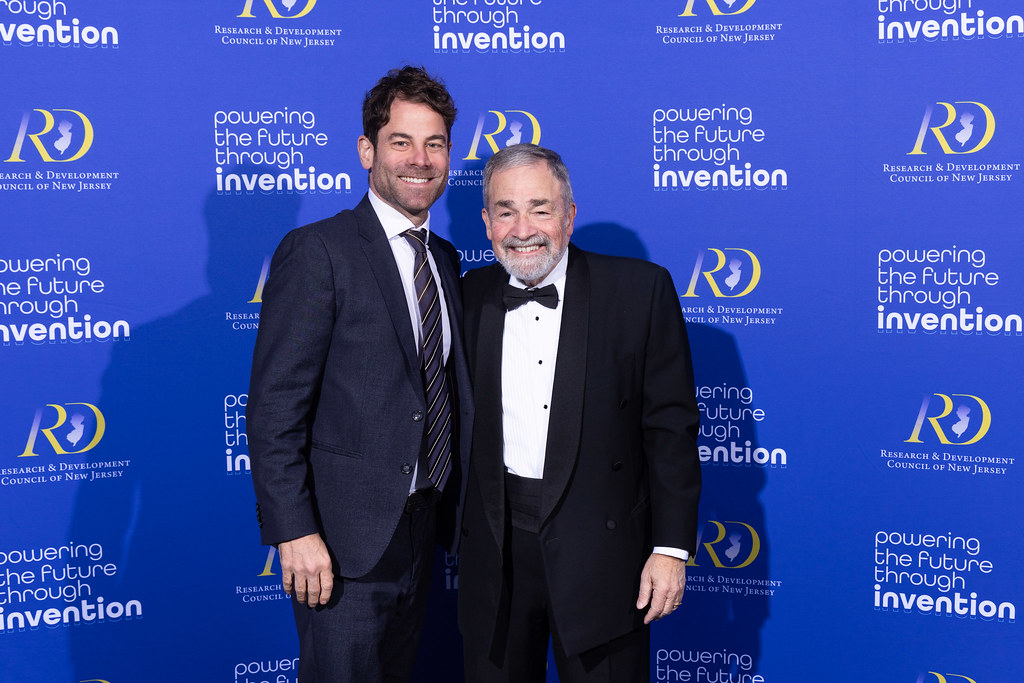As Brian Strom prepares to step down as the first chancellor of Rutgers Health, his 12-year tenure is marked by transformative achievements, including securing billions in research funding and building a top-tier academic health system. Yet as he reflects on his legacy before his December departure, Strom insists his most significant work lies in the generations of health care professionals and researchers he has mentored.
“Science doesn’t end when our careers end,” said Strom, an epidemiologist and a nationally recognized leader in clinical research training. “We need to think about who is going to succeed us, who is going to follow us, who is going to do better than we did. We want people who are smarter and better and trained in different ways to carry the fields to the next stage.”
Since his appointment in 2013, Strom has advised countless medical professionals who have become leaders in fields like internal medicine and epidemiology. This focus on guidance began earlier in his career at the University of Pennsylvania, where he mentored over 40 clinical research trainees. At Rutgers, he established the Chancellor’s Scholars award in 2016 to support two first-year medical students annually. Despite his administrative duties, he continues to advise junior faculty on research and career development, having co-authored more than 650 papers and 15 books, often with his mentees.
Daniel Horton, an associate professor of epidemiology and one of Strom’s first mentees at Rutgers, said the chancellor’s guidance profoundly shaped his career. “As my primary mentor and a trusted collaborator over the last dozen years, Brian has, hands down, had a more positive influence on my career than anyone else,” said Horton, a physician-scientist. “For someone in the role of chancellor to be so caring and supportive, both professionally and personally, I sometimes have to pinch myself.”
When Strom arrived at Rutgers in 2013, no formal faculty mentoring program existed. He recalls retaining a promising associate professor being recruited by another university by personally offering to be his mentor. “He came to me and asked, in all seriousness, ‘What’s a mentor?’” Strom said. “He’d never heard of it in academic medicine.”
Following that exchange, Strom worked with colleagues to develop a comprehensive framework where every new doctor is assigned a senior faculty member for career guidance. Today, Strom says the formalized program at Rutgers Health is a model for the state.
Occasionally, these mentorships evolve in unexpected ways. Gregory Peck, an associate professor of surgery, shifted his focus from the operating room to clinical research with Strom’s guidance, investigating strategies to reduce emergency surgeries for gallstone disease. Years later, that research proved life-saving for his mentor.
“Ironically, about two years ago, I developed pancreatic gallstone disease, and Greg clinically supported me,” Strom said. Peck recalls that Strom, despite feeling ill, kept their weekly meeting. When Strom described his symptoms, Peck immediately suspected the disease he was studying and urged him to seek care. Strom was admitted for emergency surgery that evening. Peck’s diagnosis, Strom said, very likely saved his life.
While Strom’s hands-on mentorship may be less visible to the public, his institutional accomplishments are prominent. He oversaw the historic merger of Rutgers and the University of Medicine and Dentistry of New Jersey, building one of the nation’s most respected academic health centers. During his tenure, Rutgers Health attracted $4 billion in federal funding, improved its national rankings, and established new hubs like the Global Health Institute, strengthening New Jersey’s leadership in the life sciences. His work was recently recognized when he was named New Jersey’s Educator of the Year for 2025 by the Research & Development Council of New Jersey.
Still, Strom maintains that it is not the funding, awards, or new buildings that define his career. “For all that we did building this institution—the integrations, the grants, the buildings, the systems—the heart of my career has always remained the same: teaching and mentorship,” Strom said. “Seeing former trainees become leaders who elevate their entire field, that is the legacy I value most.”
Source link





